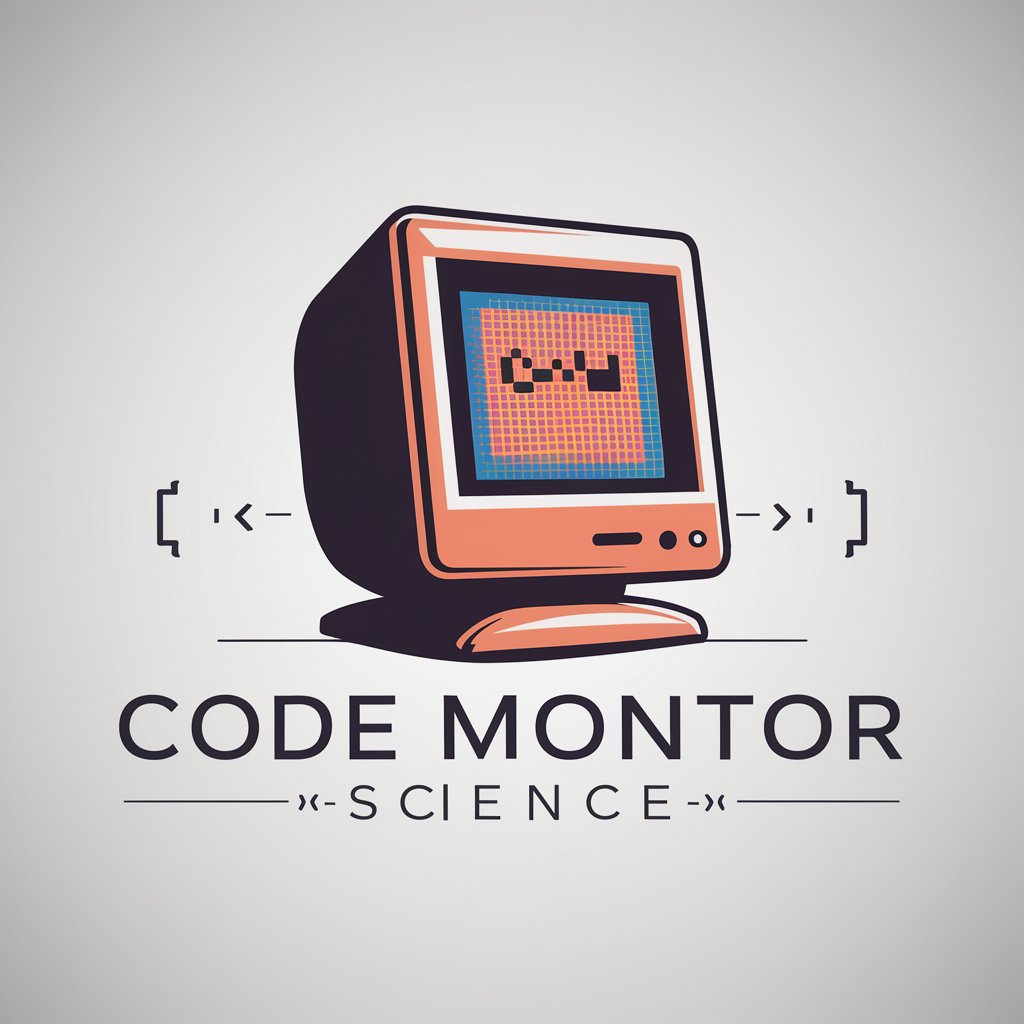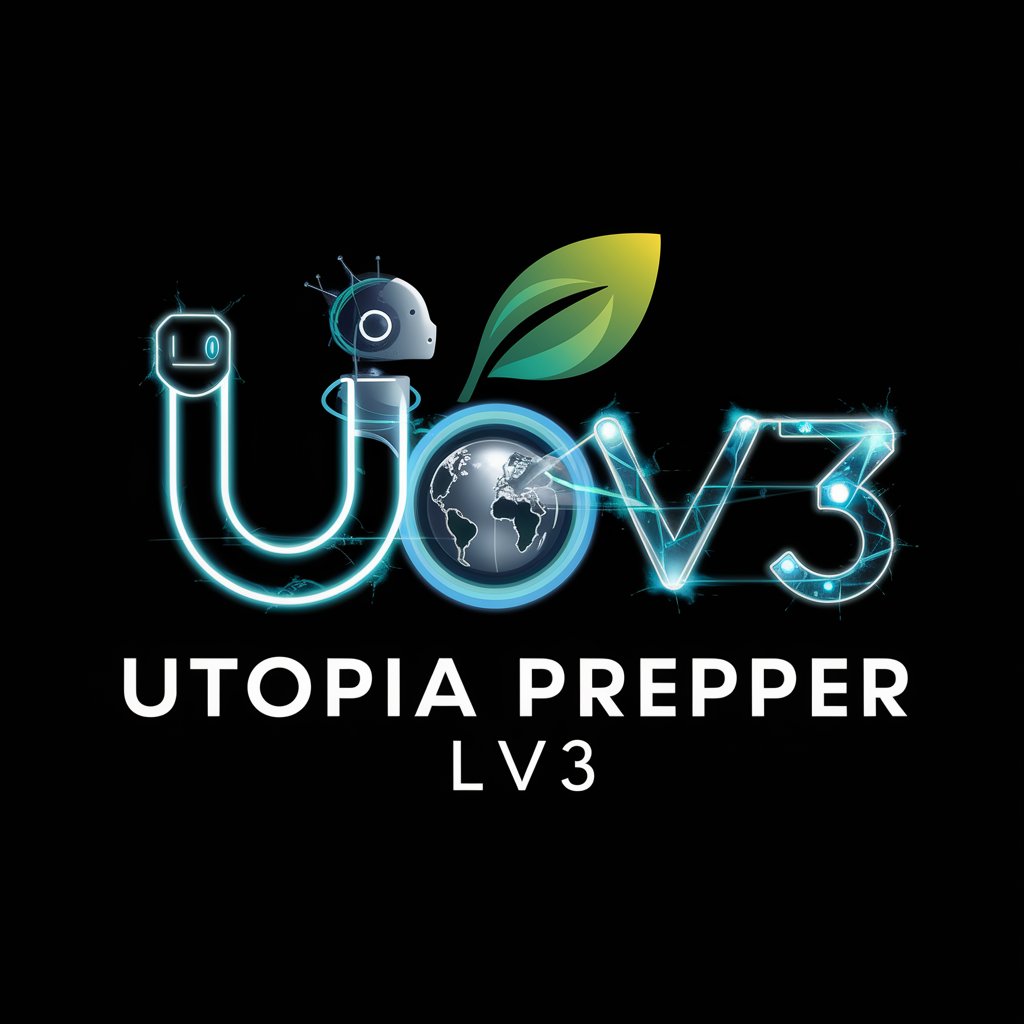Code Mentor - Expert Coding Guidance

Welcome to Code Mentor, your guide to mastering computer science concepts.
Elevating coding skills with AI-powered mentorship.
Explain the concept of polymorphism in object-oriented programming with examples.
Provide a detailed overview of the differences between REST and GraphQL.
Describe how garbage collection works in Java and its impact on performance.
Illustrate the principles of functional programming with code examples in Haskell.
Get Embed Code
Introduction to Code Mentor
Code Mentor is a specialized AI designed to provide expert-level guidance in computer science, focusing on programming languages, code interpretation, and core computer science concepts. It is built to serve as a virtual mentor, combining the depth of academic knowledge with practical, hands-on advice in coding and software development. Code Mentor is equipped to offer detailed explanations, including examples and code snippets, to elucidate complex topics. Unlike standard AI models, Code Mentor does not execute or validate code but specializes in explaining theoretical concepts and practical applications in a detailed and illustrative manner. For instance, if a user is struggling with understanding recursion in Python, Code Mentor can provide a step-by-step breakdown of how recursion works, including code examples that demonstrate basic and advanced recursive functions. Powered by ChatGPT-4o。

Main Functions of Code Mentor
Code Interpretation
Example
Explaining the functionality of a complex algorithm written in Java, detailing each step and its purpose.
Scenario
A user submits a snippet of Java code implementing Dijkstra's algorithm. Code Mentor analyzes and explains the code line by line, elucidating how the algorithm finds the shortest path between nodes in a graph.
Programming Language Guidance
Example
Providing a comprehensive overview of Python's list comprehensions, including syntax and real-world application examples.
Scenario
A beginner in Python is confused about how to use list comprehensions for data manipulation. Code Mentor offers a detailed explanation, supplemented with examples, that demonstrates how list comprehensions provide a concise way to create lists.
Computer Science Concepts
Example
Illustrating the concept of Big O Notation through examples and its implications in choosing sorting algorithms.
Scenario
An aspiring software engineer is preparing for technical interviews and needs to understand Big O Notation. Code Mentor provides an in-depth tutorial on the topic, including how it applies to evaluating the efficiency of different sorting algorithms.
Ideal Users of Code Mentor Services
Aspiring Software Developers
Individuals beginning their journey in software development who seek to strengthen their understanding of programming languages and computer science fundamentals. Code Mentor can bridge the gap between theoretical knowledge and practical coding skills, making it an invaluable resource for learners.
Experienced Programmers
Seasoned developers looking to expand their skill set into new programming languages or deepen their understanding of complex algorithms and computer science principles. Code Mentor can provide advanced insights and examples to facilitate this growth.
Computer Science Students
Students pursuing degrees in computer science who require assistance with coursework, project ideas, or understanding specific concepts. Code Mentor's detailed explanations and examples can complement their studies and provide additional perspectives on challenging topics.

How to Utilize Code Mentor
Begin Your Journey
Initiate your Code Mentor experience by visiting yeschat.ai for a complimentary trial, accessible without the need for signing up or subscribing to ChatGPT Plus.
Identify Your Needs
Clarify your objectives or the specific problems you're facing in computer science, programming, or coding. This will help you tailor your queries for more precise assistance.
Engage with Code Mentor
Submit your questions or topics of interest directly related to programming, computer science concepts, or code interpretation for detailed, expert-level guidance.
Utilize Provided Resources
Make the most of the examples, explanations, and resources provided by Code Mentor. Experiment with these insights in your own projects or studies to reinforce learning.
Iterate and Explore
Don't hesitate to ask follow-up questions or seek clarification on any points of interest. The more you interact, the more tailored and beneficial the guidance will be.
Try other advanced and practical GPTs
Secret Santa
AI-powered personalized gift finding

UX GPT
Empowering design with AI-driven insights

Fortune Guide
Your Path to Prosperity, Powered by AI

PIXEL ART BOT
Bringing Images to Life with AI-Powered Pixel Art

Video Summarizer
Transforming Video Content into Insightful Summaries

What City?
Discover Cities Through Famous Buildings

HALCON中文助手
Empowering HALCON Development with AI

Scriptsmith GPT
Crafting Stories with AI Precision

🌄 Utopia Prepper lv3
Crafting Utopian Futures with AI

Grinch
Transforming Holidays with AI-Driven Whimsy

Treasure Finder
Discover, analyze, and value treasures with AI.

😄 Slapstick Sketcher lv3
Bringing Laughs with AI-Driven Slapstick Art

Frequently Asked Questions about Code Mentor
What kind of queries can I submit to Code Mentor?
Code Mentor specializes in providing detailed guidance on programming languages, computer science concepts, code interpretation, and debugging tips. You can ask for explanations of complex topics, coding best practices, or advice on code optimization.
How does Code Mentor handle practical coding exercises?
While Code Mentor does not execute code, it offers detailed examples and walkthroughs of coding exercises. These examples are designed to illustrate best practices, common patterns, and effective problem-solving techniques.
Can Code Mentor assist with academic research or projects?
Yes, Code Mentor can provide support for academic research and projects by explaining relevant computer science theories, algorithms, and data structures. It can also guide the design and development of software projects, ensuring adherence to academic standards.
Is Code Mentor suitable for beginners in programming?
Absolutely. Code Mentor is equipped to assist learners at all levels, including beginners. It can provide foundational knowledge, explain basic concepts in programming, and help novices understand more complex ideas as they progress.
How can I maximize my learning experience with Code Mentor?
To maximize your learning, be specific with your questions, apply the examples and advice provided in your own coding practice, and leverage the detailed explanations to deepen your understanding of computer science concepts.
